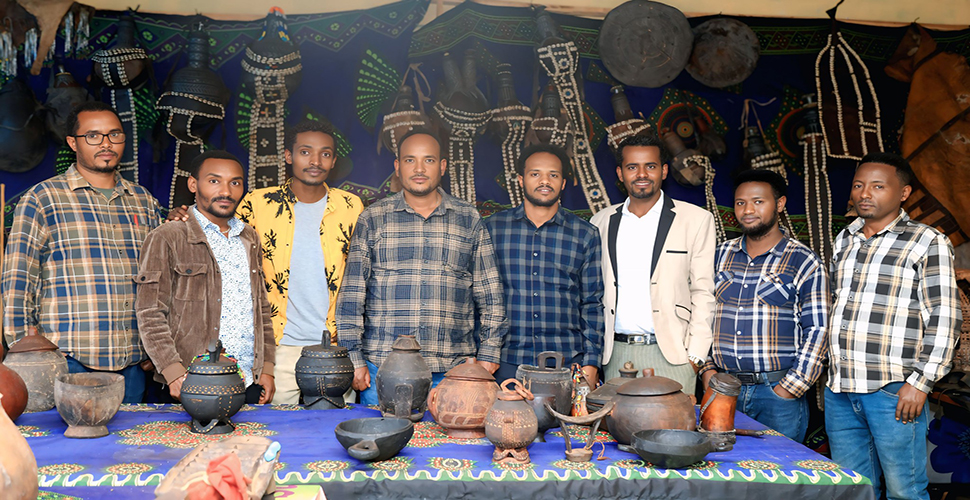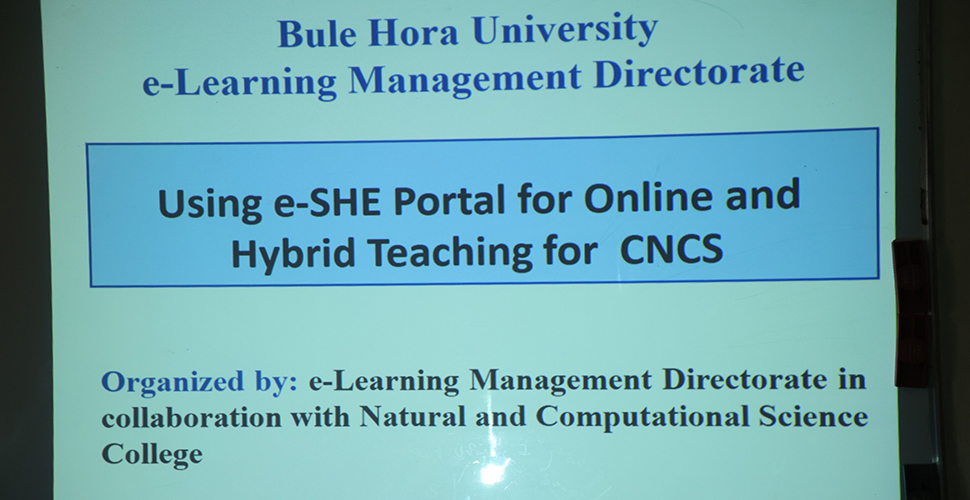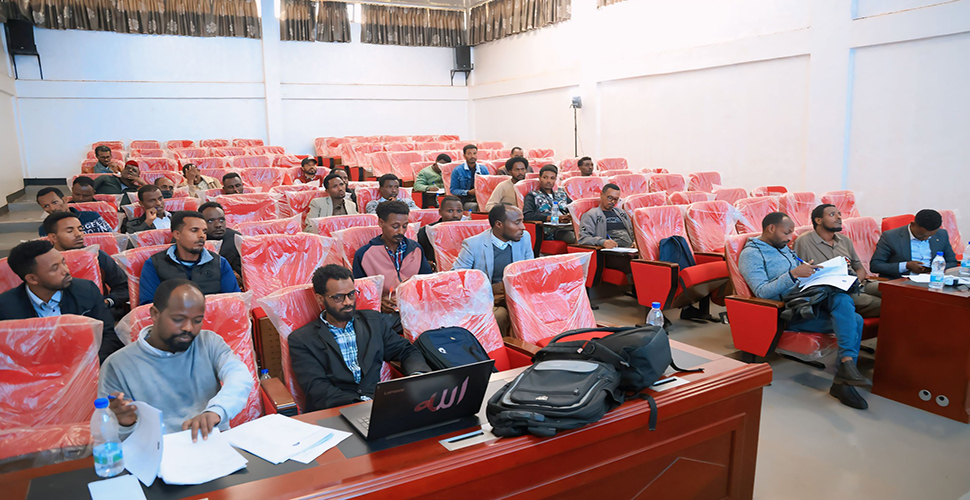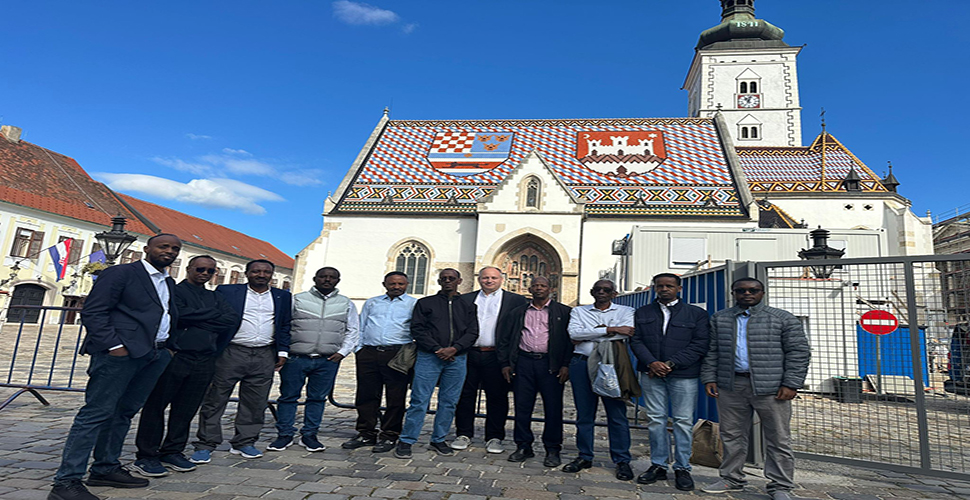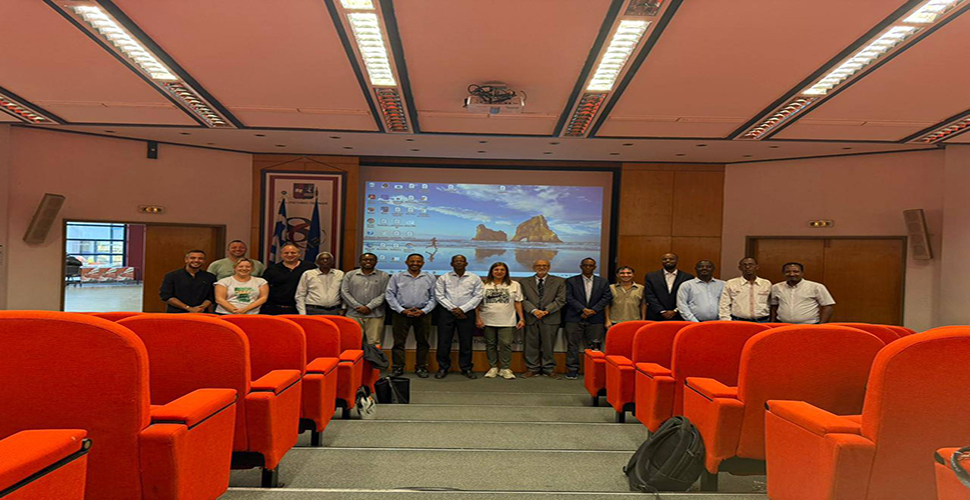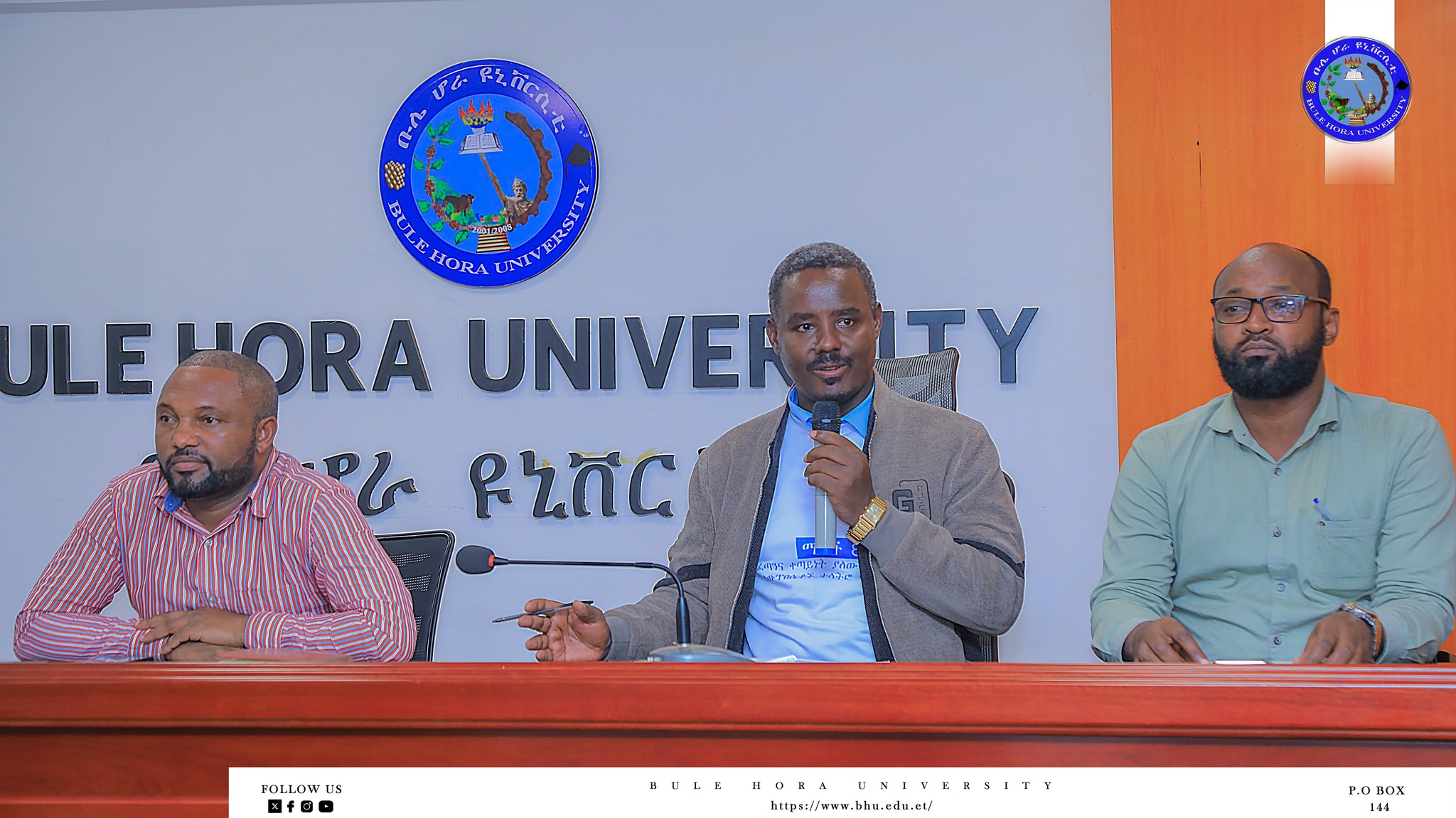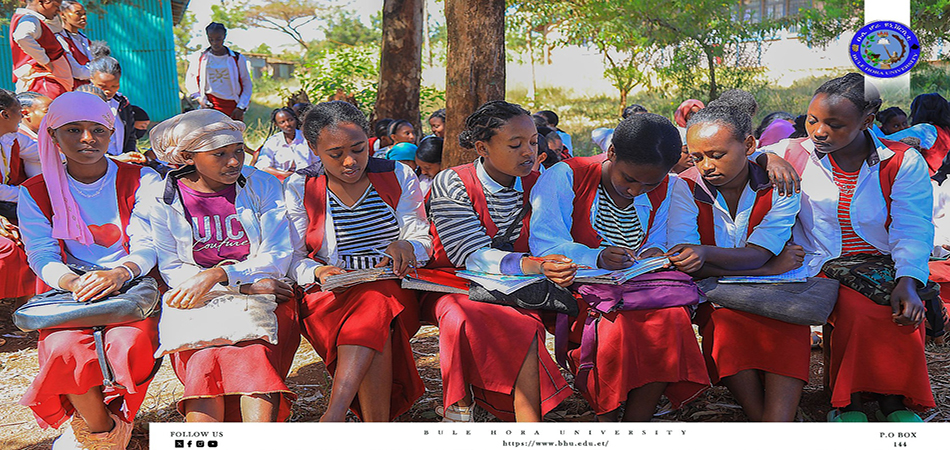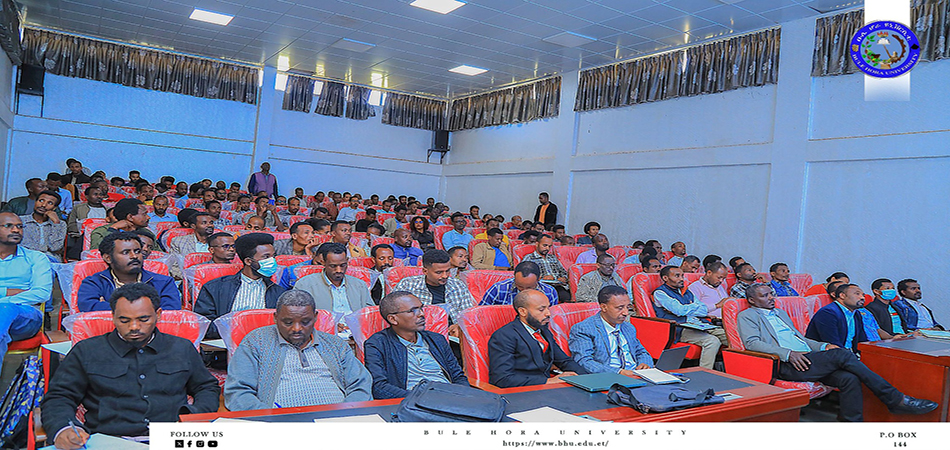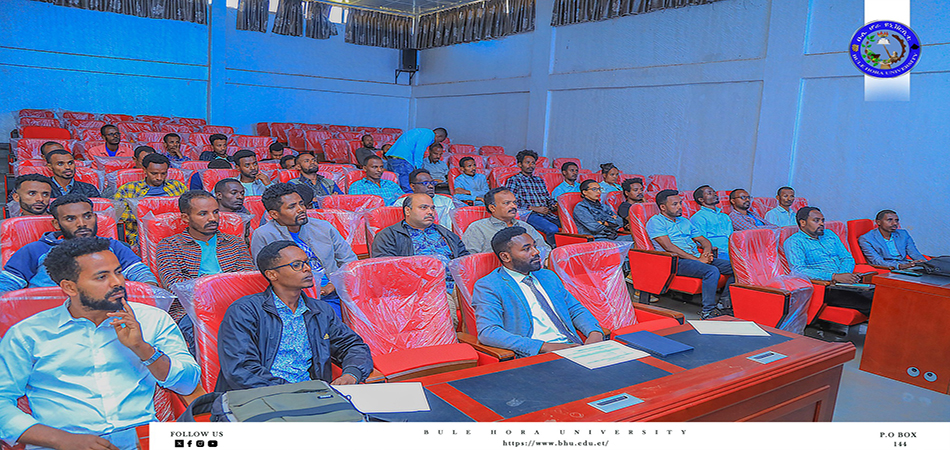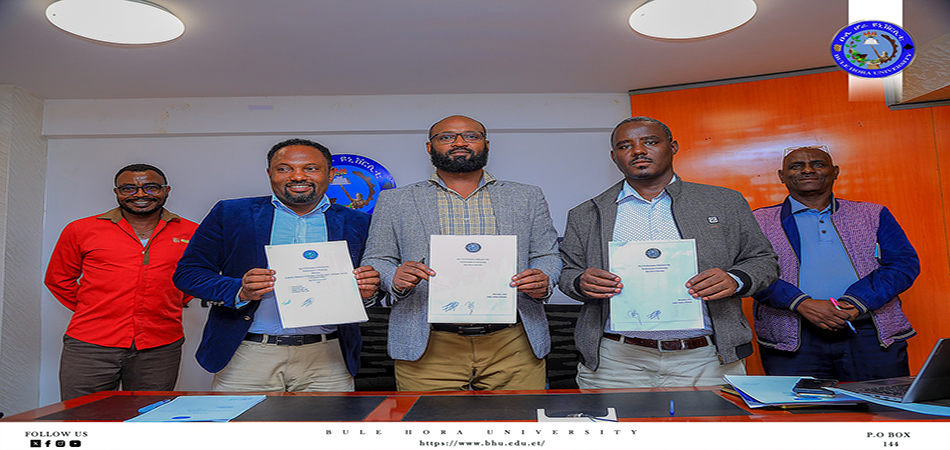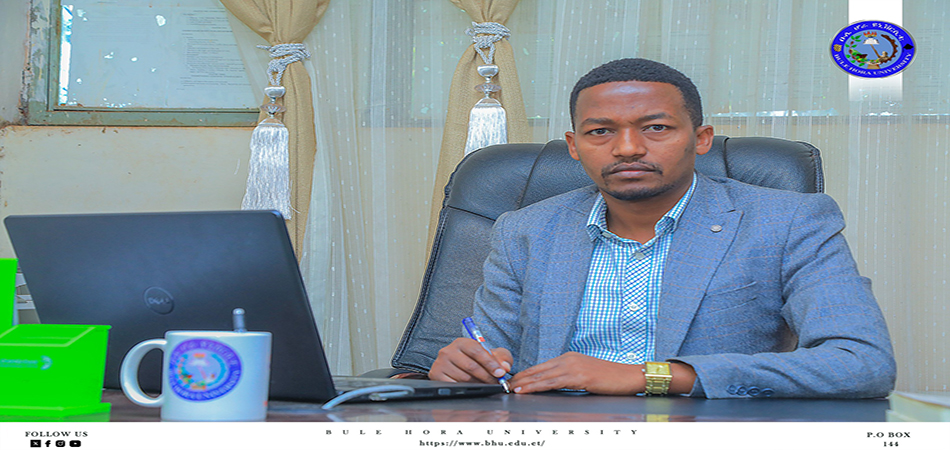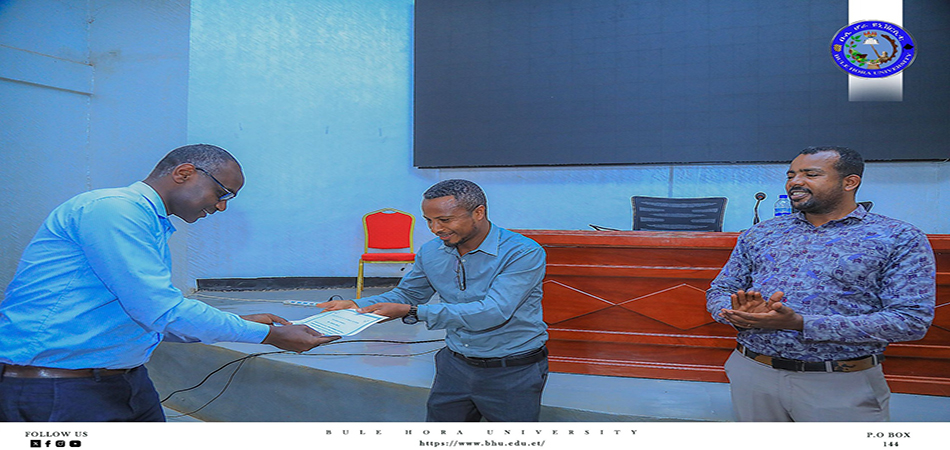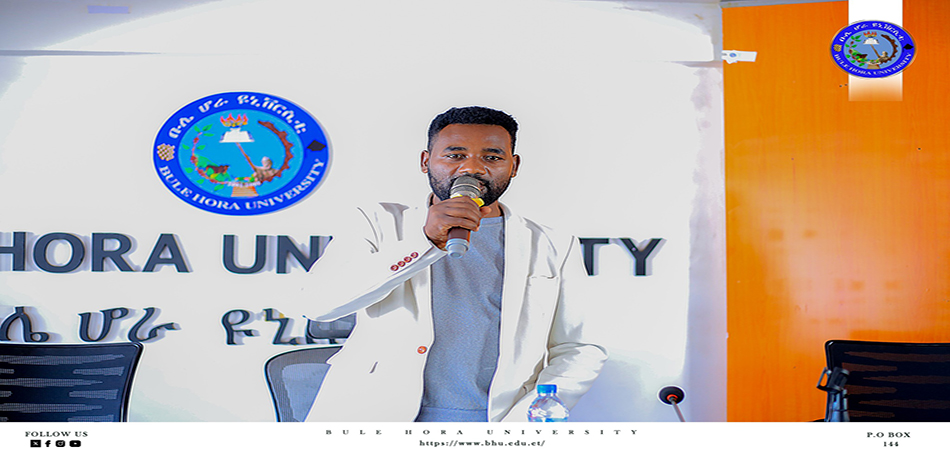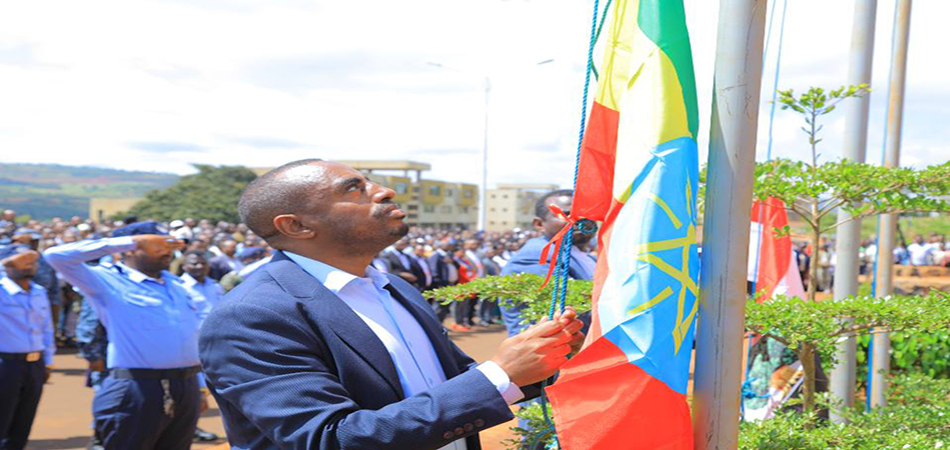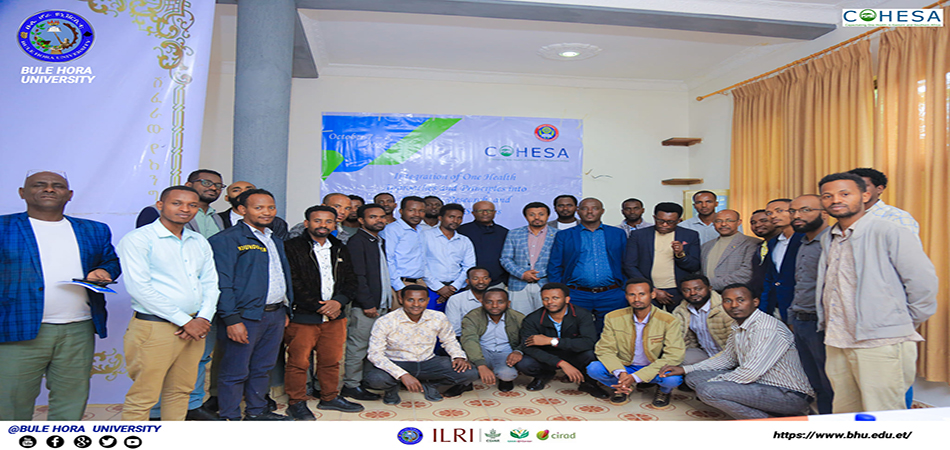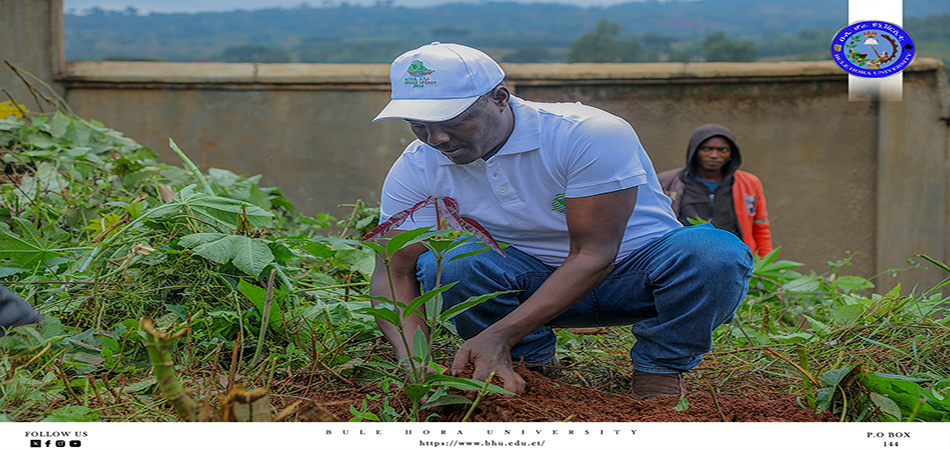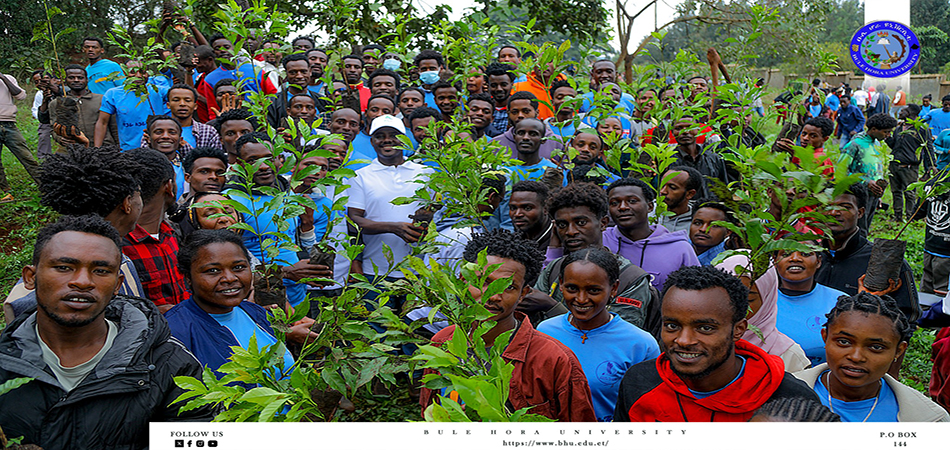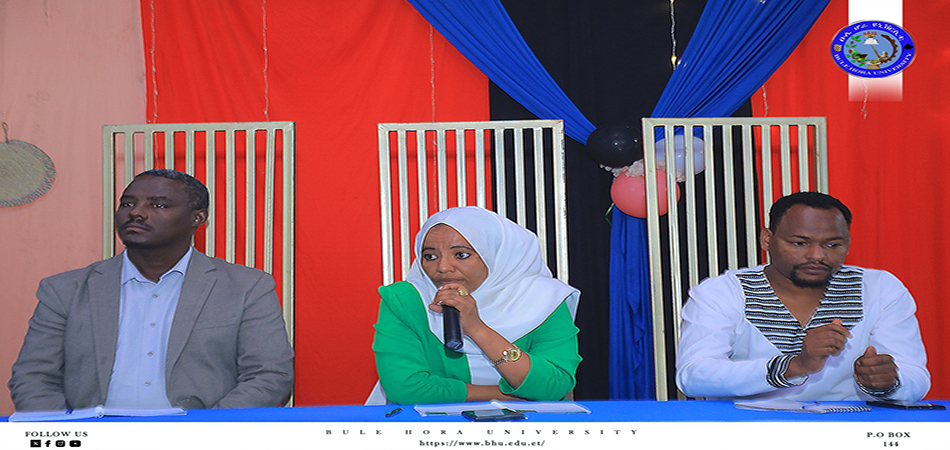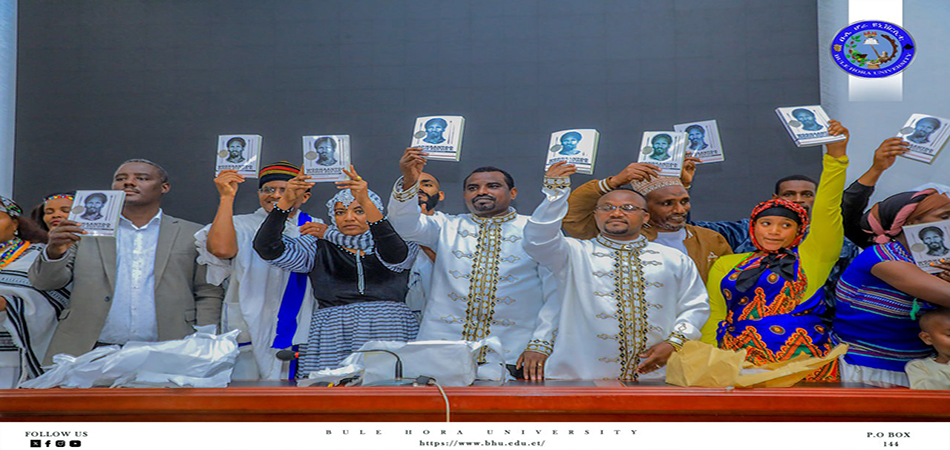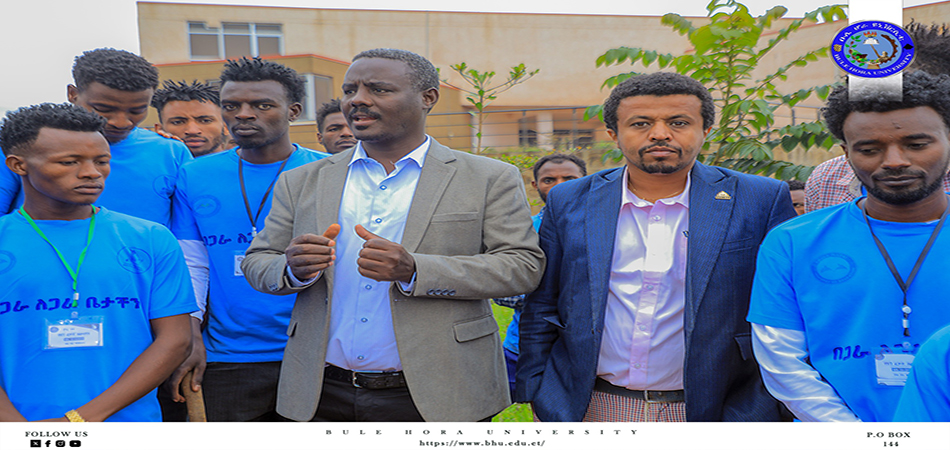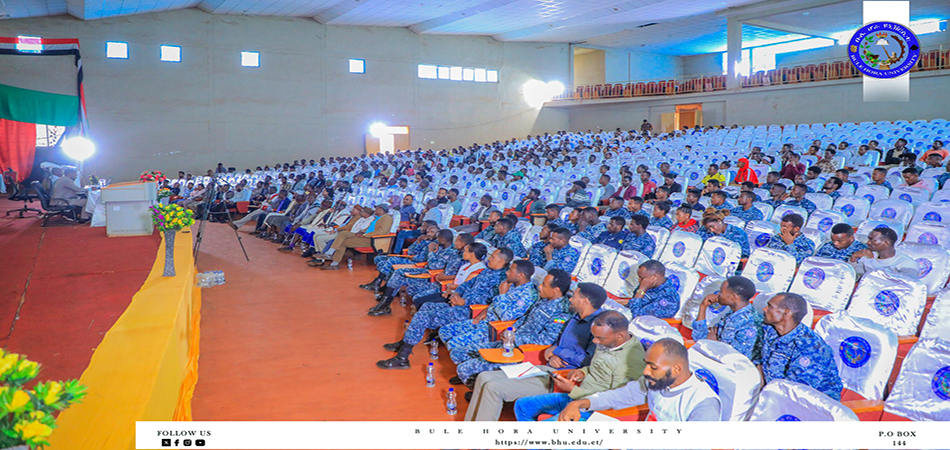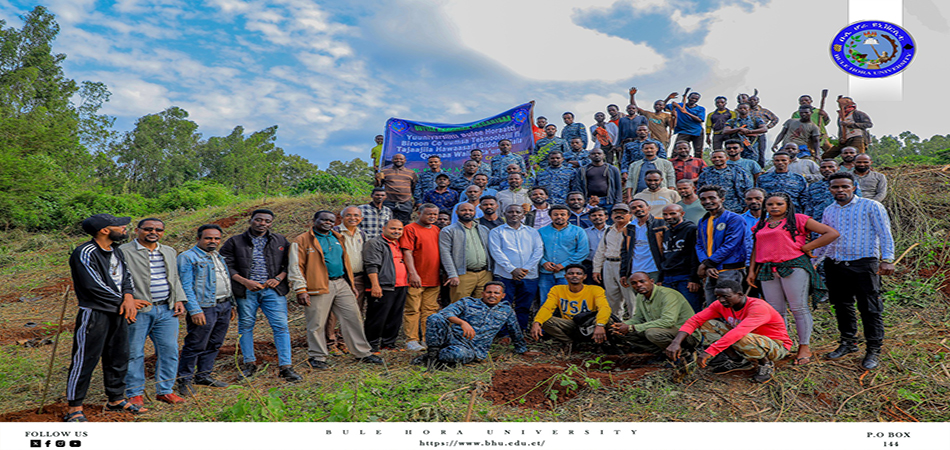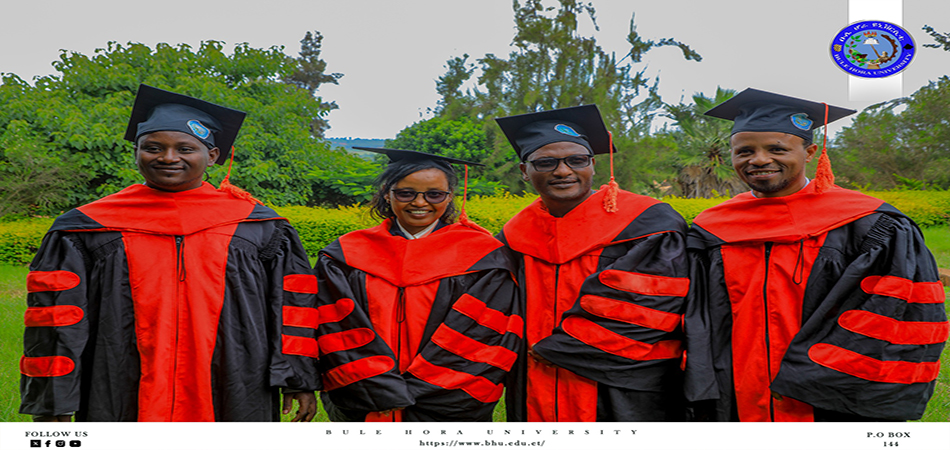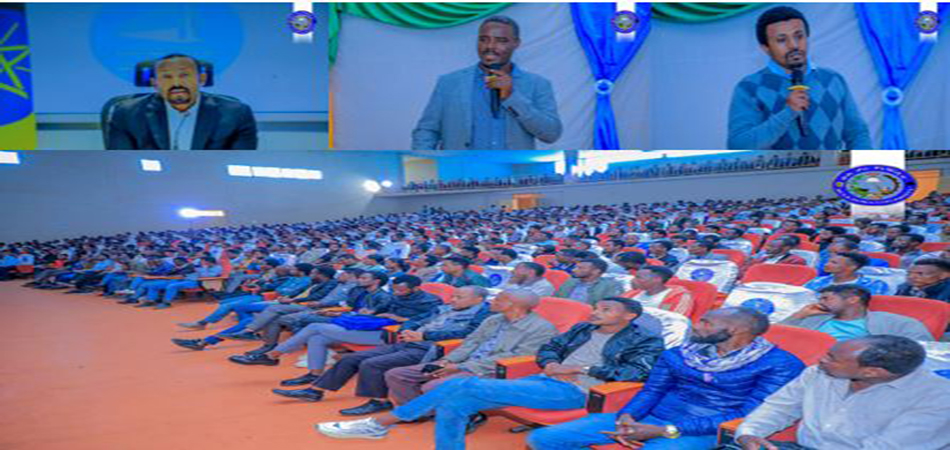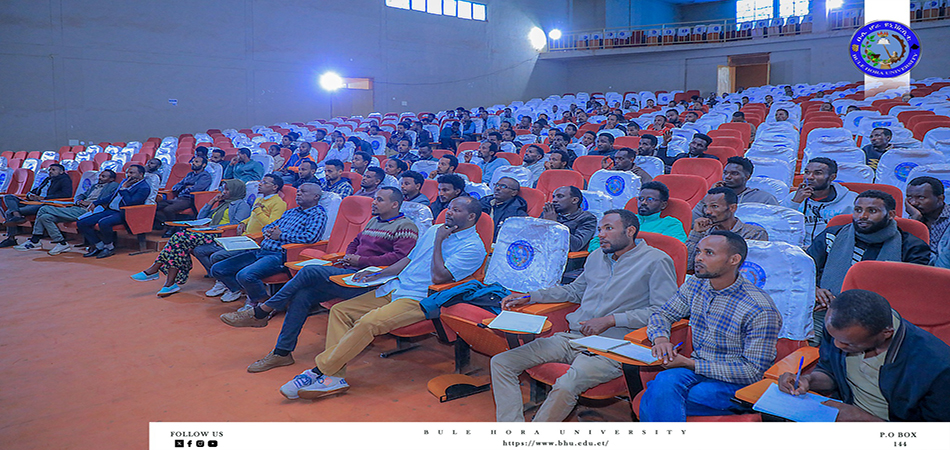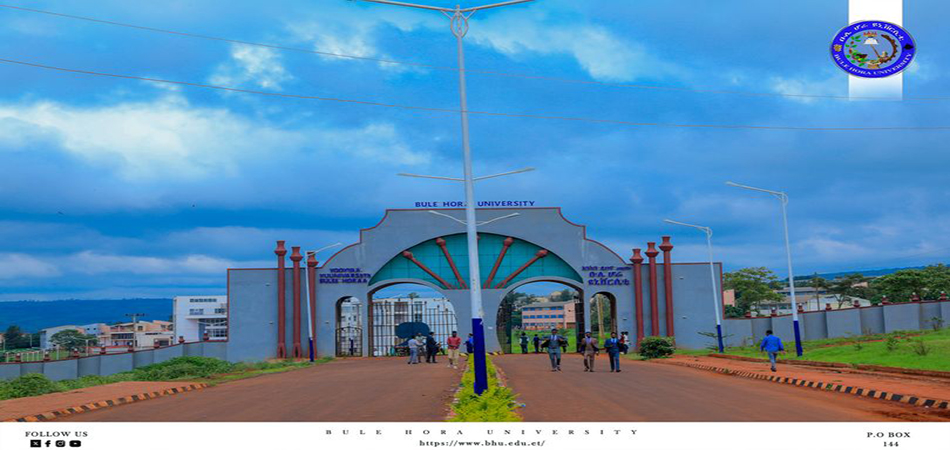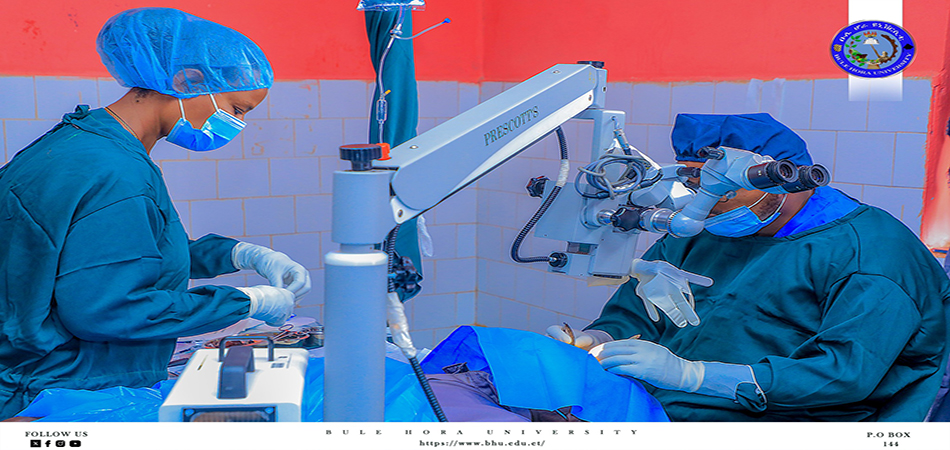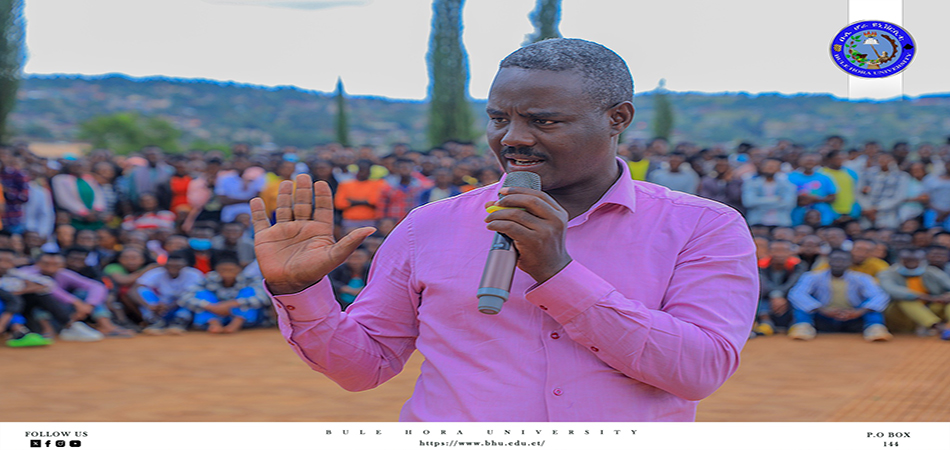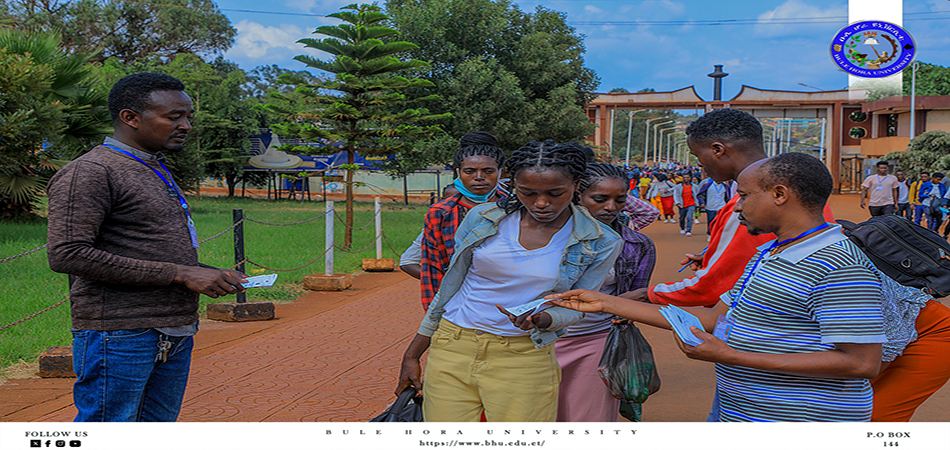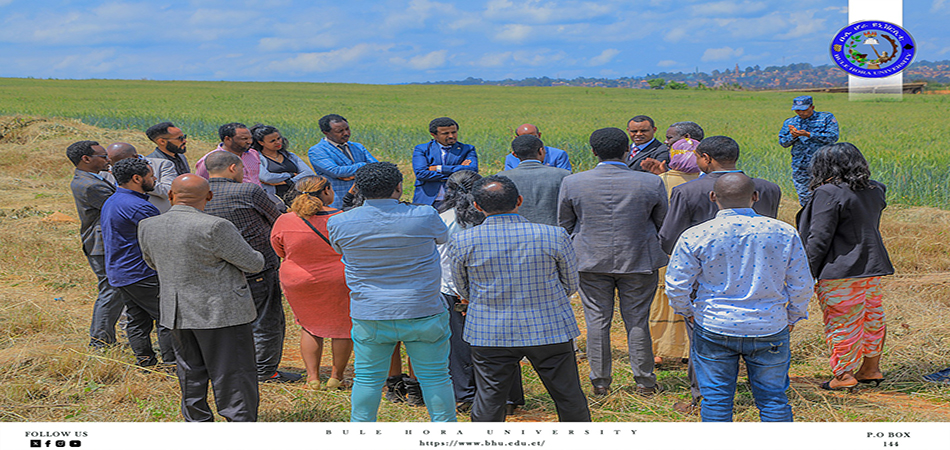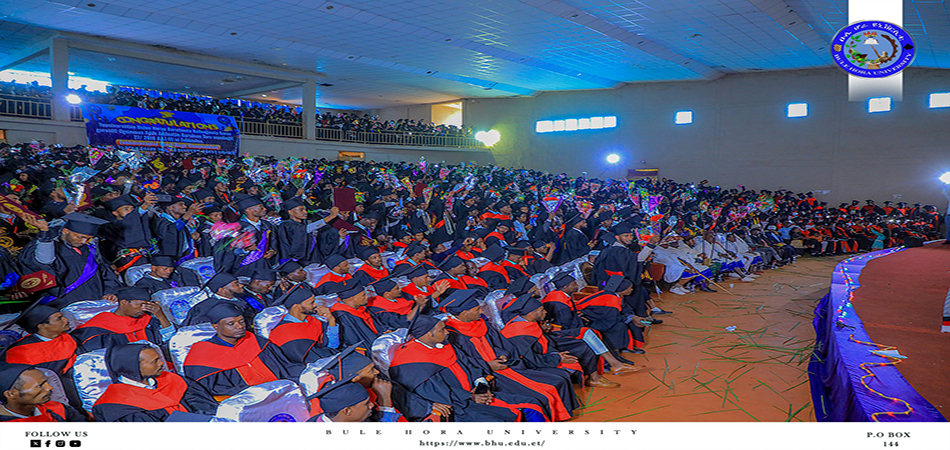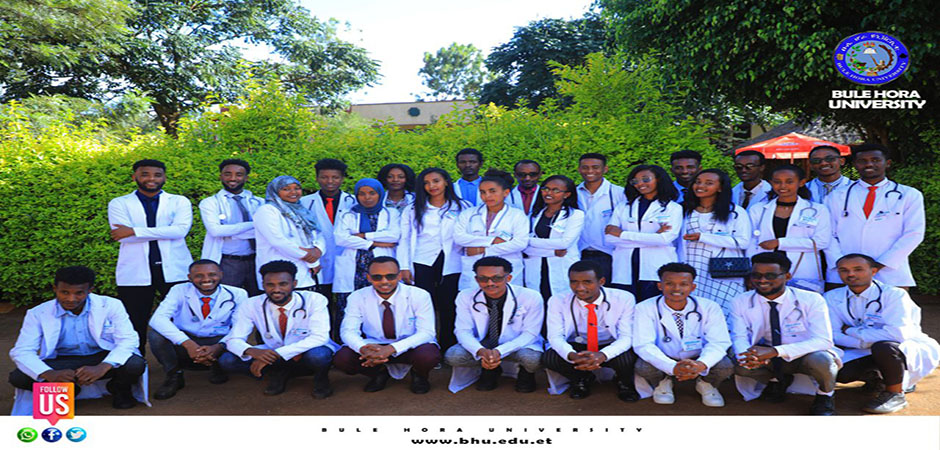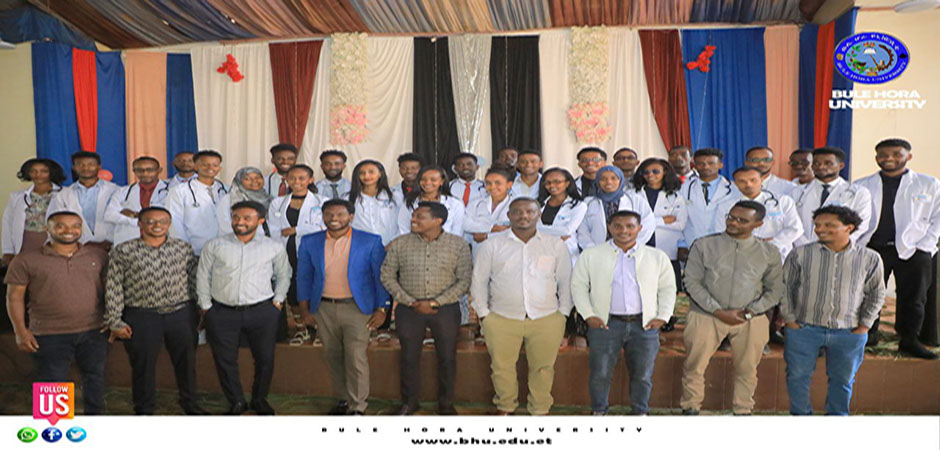WHO WE ARE
Posted by admin on Thursday, 6 March 2025
Bule Hora University, established in 2011/2012 as a public university, is one of the newly established third-generation universities in Ethiopia. It is categorized as a comprehensive university, focusing on teaching and learning, conducting research, and delivering community services or engagement. Located in the southern part of Ethiopia, specifically in the West Guji Zone of the Oromia Regional State, Bule Hora University is situated in Bule Hora town, approximately 470 km south of Addis Ababa.
Since its inaugural intake of 243 students in 2011/2012, the university has grown significantly. It now employs 4,101 staff members, including 1,219 academic staff, 2,601 administrative and supportive workers, 214 health professionals, and 67 teachers from the university's community school. The university offers 84 undergraduate programs, 75 master’s programs, and 19 Ph.D. programs. The student population has also increased substantially, with over 15,000 students currently enrolled: 14,149 undergraduates, 138 post-basic students, 1,449 master’s students, and 156 Ph.D. students. This rapid growth in student numbers has led to a corresponding increase in faculty and staff across its two campuses.
Since its establishment, Bule Hora University has graduated more than 19,194 students. Recently, the university has implemented various reform measures to adapt to the fast-changing educational landscape and to meet both national and international educational standards. As a rapidly growing institution, Bule Hora University now comprises 7 colleges, 3 institutes, and 1 School of Law at its main campus. One of these colleges operates at the second campus in Adola Wayu, located about 258 km east of the main campus, where teaching, research, and community services are conducted.
In 2019, the university inaugurated the Institute of Gada and Culture Studies, a groundbreaking addition to its academic offerings. This institute is the first of its kind in Ethiopian higher education, focusing on indigenous knowledge systems. Bule Hora University has become a pioneer in promoting, developing, and elaborating on the culture, norms, and customs of the Oromo society, particularly the Gada system. The Institute of Gada and Culture Studies now offers regular programs from undergraduate to Ph.D. levels.
The primary goal of establishing the Institute of Gada and Culture Studies is to promote indigenous knowledge rooted in the rich experiences and practices of the Oromo society. This knowledge is intended to address socio-political challenges, particularly in peace and security, by equipping graduates with the skills needed to resolve conflicts and contribute to peace-building efforts. The institute aims to address the shortage of educators in peace and security, especially in conflict resolution and related areas.
Like other higher education institutions, Bule Hora University strives for excellence in key areas such as agriculture, mining, indigenous knowledge, and health. It aims to deliver quality education, conduct community-based research, and provide appropriate community services. In addition to its academic focus, the university was established to contribute to national efforts in achieving educational quality, excellence in community services, administrative efficiency, and good governance. It also seeks to integrate the development of cultural and natural resources with technology and its applications.

